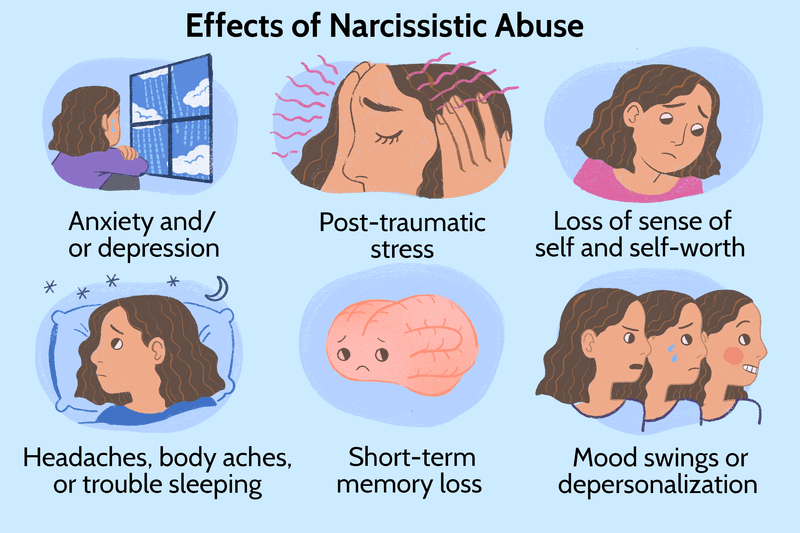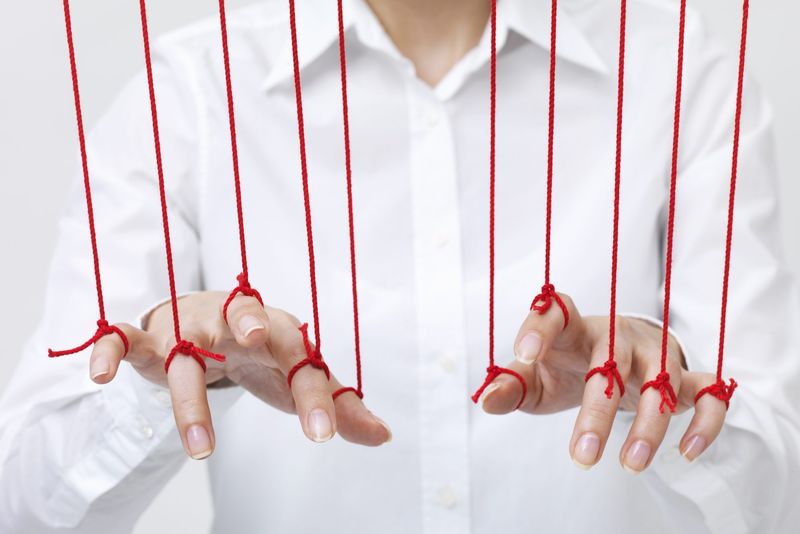Navigating relationships can be a complex journey, especially when dealing with personalities that may not be conducive to a healthy partnership. Identifying these types can help in making informed decisions. Here’s a deep dive into fourteen types of people who often make challenging partners.
1. The Perpetual Liar

Honesty forms the bedrock of trust in any relationship. A perpetual liar shatters this foundation, creating a web of deceit that’s hard to untangle. Imagine constantly questioning the veracity of your partner’s words.
In a relationship, this can lead to paranoia and mistrust. The energy spent on verifying truths could be better invested in building a genuine connection.
A partner who lies about small things can escalate to bigger falsehoods, complicating the relationship further.
Searching for truth becomes exhausting, and the relationship crumbles under the weight of constant doubt.
2. The Commitment-Phobe

For some, the idea of commitment is akin to being trapped in a cage. The commitment-phobe is always on the run, never allowing roots to take hold.
This person thrives on the thrill of the chase but panics when things get serious. This behavior leaves partners feeling undervalued and insecure about the relationship’s future.
Without the security of commitment, relationships remain stagnant, unable to progress naturally. The fear of settling becomes a barrier, preventing two people from fully experiencing all aspects of partnership.
3. The Control Freak

Control freaks need to dominate every aspect of a relationship. They dictate decisions, leaving little room for their partner’s input.
Their need for control often stems from insecurity, manifesting as micromanagement of daily activities.
Over time, this behavior erodes the sense of individuality, leaving the partner feeling suffocated and disrespected. The relationship becomes a battleground where control is the ultimate prize, rather than mutual happiness and respect.
4. The Eternal Pessimist

The eternal pessimist can drain the joy from the most delightful occasions. With a constant negative outlook, they struggle to find happiness in everyday life.
In relationships, their pessimism is like a dark cloud, overshadowing any potential for joy or growth. Their partner may feel the weight of trying to uplift them constantly.
Over time, this can lead to burnout and frustration, as the eternal pessimist refuses to see or appreciate the brighter side of life, impacting the relationship’s overall health.
5. The Narcissist

A relationship with a narcissist feels one-sided, as their self-centered nature dominates every interaction. Narcissists crave admiration and often lack empathy.
Their inability to see beyond their reflection means their partner’s needs are frequently sidelined.
This imbalance can lead to feelings of neglect and resentment. The relationship becomes a constant struggle for attention and validation, leaving the partner exhausted and unfulfilled.
6. The Drama Queen/King

Life with a drama queen or king is like living on a stage where everyday matters are blown out of proportion.
Every disagreement turns into a dramatic showdown, exhausting both parties. Their need for constant excitement can lead to unnecessary conflict and stress.
Instead of cultivating peace, they thrive in chaos, which can be emotionally draining over time. The partner finds themselves constantly appeasing or managing the drama, leaving little room for genuine connection.
7. The Serial Cheater

Trust, once broken, is difficult to mend. A serial cheater often leaves a trail of heartbreak and mistrust in their wake.
Their inability to remain faithful causes constant anxiety and suspicion. Partners are left feeling insecure, questioning their worth in the relationship.
This pattern of behavior makes it hard to build a foundation of trust, crucial for any healthy partnership. The cycle of cheating and apologies becomes draining, leading to inevitable emotional fatigue.
8. The Overly Jealous Partner

Jealousy can be a sign of affection, but when it spirals into obsession, it becomes toxic. An overly jealous partner scrutinizes every interaction, doubting their partner’s fidelity.
This behavior stems from insecurity, manifesting in constant interrogations and accusations.
Such an environment stifles the partner, causing them to withdraw and feel misunderstood. The relationship suffers as trust is replaced by suspicion, creating a chasm that’s hard to bridge.
9. The Perpetual Victim

The perpetual victim thrives on sympathy, always finding themselves at the center of misfortune. They never take responsibility and blame others for their predicaments.
In relationships, this outlook can be draining, as they constantly seek affirmation and validation.
Partners may feel burdened by the constant need to support and uplift the victim. The lack of accountability hinders personal growth and creates an unbalanced dynamic, where one feels more like a caretaker than a partner.
10. The Workaholic

For a workaholic, career takes precedence over personal relationships. Their relentless dedication to work leaves little time for a partner.
This imbalance often results in feelings of neglect and loneliness for the partner, who feels like an afterthought.
While ambition is admirable, relationships require time and effort that a workaholic struggles to provide. The constant absence creates a void, leaving the partner yearning for more meaningful connection.
11. The Addict

Addiction is a formidable opponent in any relationship. It demands attention and resources, often becoming the third wheel in a partnership.
The addict’s struggle takes center stage, leaving little room for the partner’s needs.
The cycle of recovery and relapse can be emotionally taxing, leading to a rollercoaster of hope and disappointment. Partners may feel helpless, unable to compete with the addiction, which dominates the relationship’s focus.
12. The Emotional Manipulator

Emotional manipulators wield control through guilt and subtle coercion. They twist situations to favor their agenda, leaving their partners questioning their reality.
This insidious behavior erodes self-esteem and fosters dependency. Manipulators thrive on this power imbalance, creating an unhealthy dynamic.
Partners may feel trapped in a cycle of emotional turmoil, struggling to break free from the manipulator’s grasp. The relationship becomes a battleground where emotional warfare reigns.
13. The Eternal Child

The eternal child refuses to grow up, shirking responsibilities in favor of fun and escapism. They rely on their partner to assume the adult role, creating an imbalance.
While a playful nature can be endearing, it becomes burdensome when maturity is needed.
Over time, partners tire of shouldering the responsibilities alone. The lack of partnership in practical matters can strain the relationship, leading to frustration and resentment.
14. The Secretive Partner

Secrets erode the foundation of trust, creating distance between partners. A secretive partner keeps aspects of their life hidden, fostering suspicion and anxiety.
This behavior leads to endless speculation, as the other partner attempts to piece together the truth.
Without transparency, openness diminishes, and the relationship suffers. Partners feel alienated, unable to fully connect with someone who holds back. The lack of honesty becomes a barrier to genuine intimacy.
Hi all, I am Sidney, an accountant, a hobbyist photographer, and a mother to two sweet girls who are my motivation. I love sharing the tips and tricks I gained all these years I’ve been a mother. I hope it will help you!

